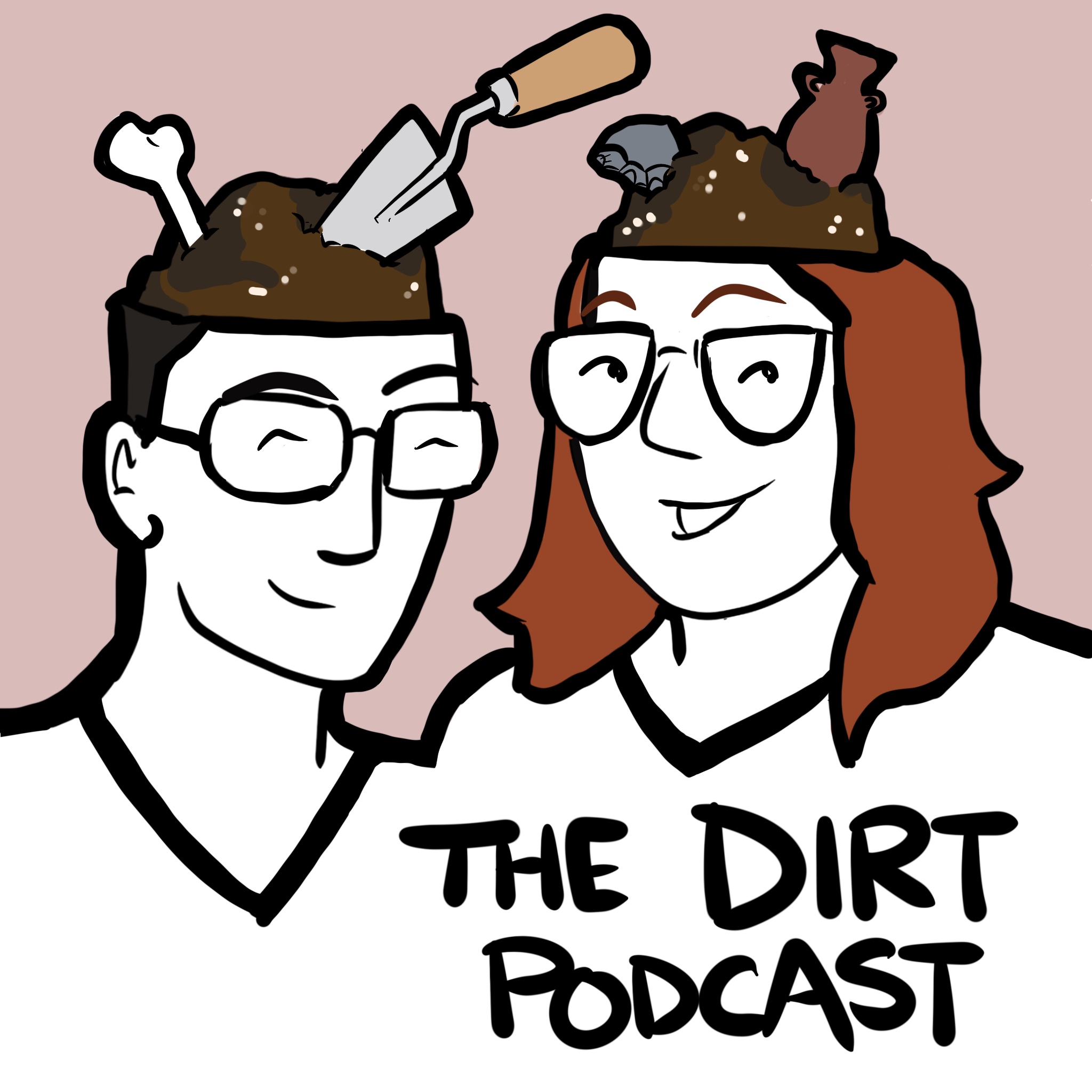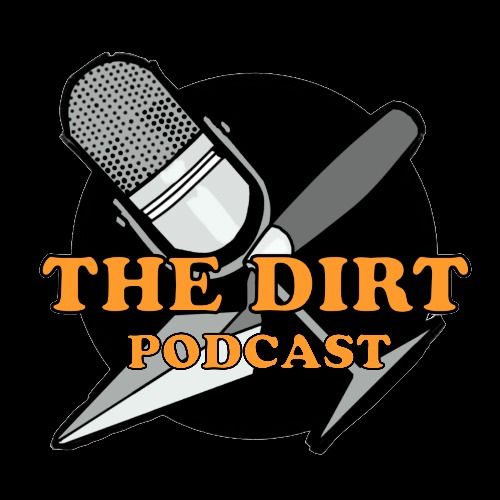Episode 2
It Didn't Come From No Monkey: The Taung Child
After a curious coincidence in 1924, the world's weirdest paperweight was revealed to be the fossilized remains of one of our earliest ancestors.
To learn more about today's topic, check out:
Lee R. Berger, & Ronald J. Clarke. (1996). The load of the Taung child. Nature, 379(6568), 778-779.
Berger, L.R., Clarke, R.J., 1995. Eagle involvement of the Taung child fauna. Journal of Human Evolution 29, 275-299.
Dart, Raymond A. (1925), "Australopithecus africanus: The Man-Ape of South Africa", Nature, 115: 195–199, doi:10.1038/115195a0.
——— (1929), Australopithecus africanus: And His Place in Human Nature, Unpublished manuscript in the University of Witwatersrand archives.

